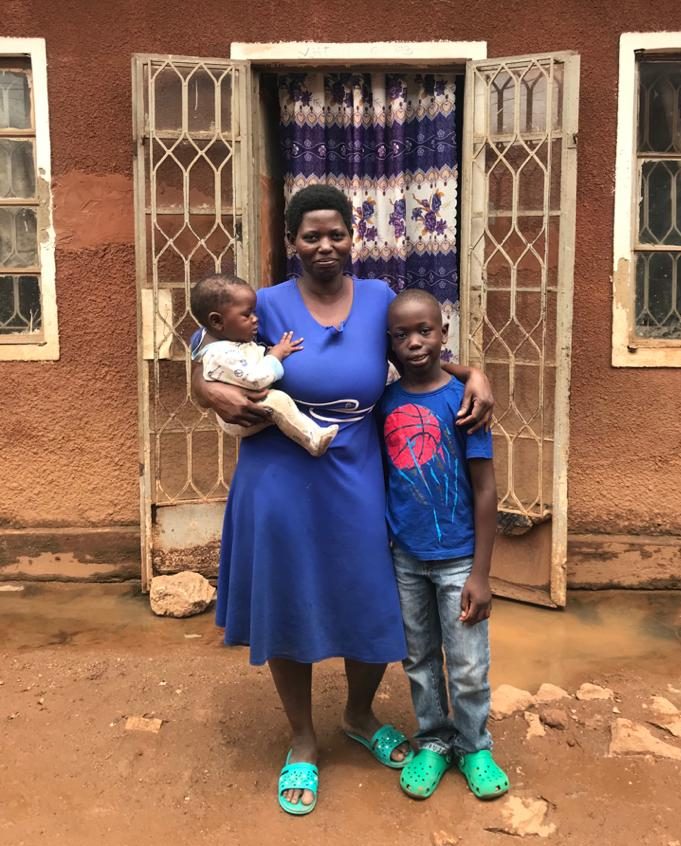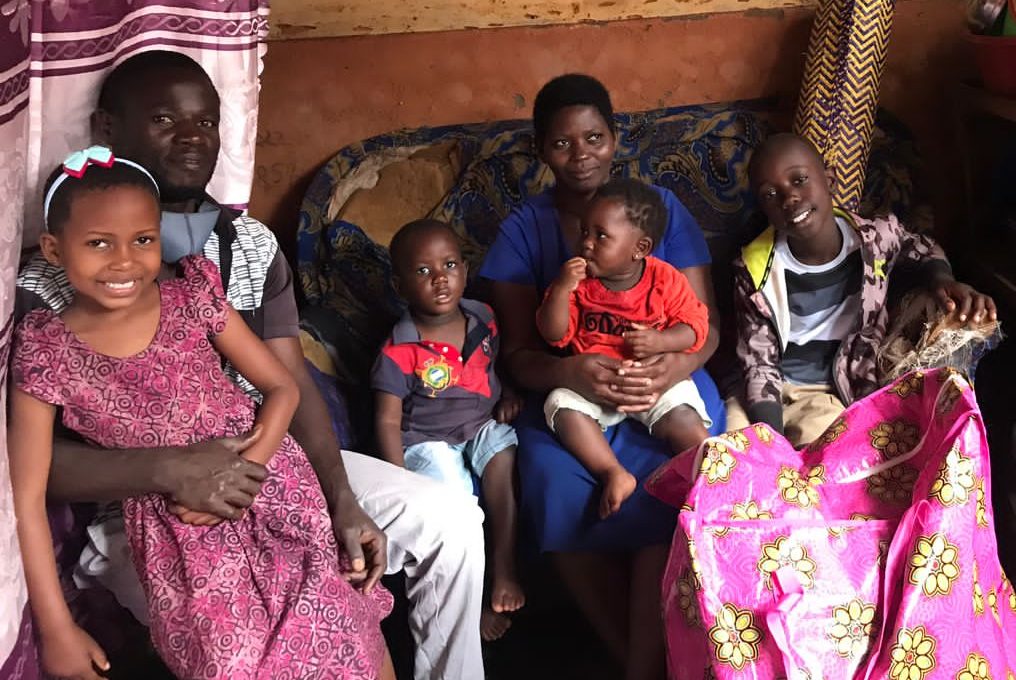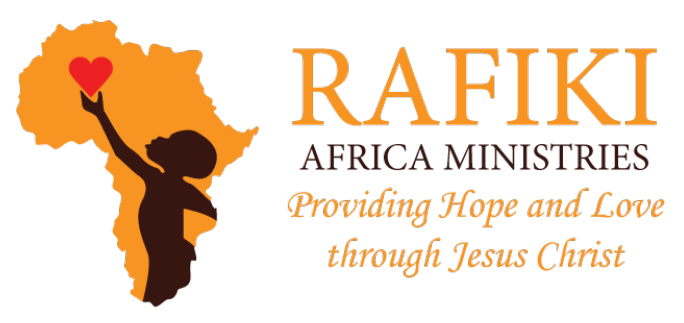
Isaiah 1:17 says, “Learn to do right; seek justice. Defend the oppressed. Take up the cause of the fatherless; plead the case of the widow.”
Justice matters to God, and it should matter to us. Our love for these children flows from our awareness of God’s love for them and His desire for us to be His hands and feet, proactively speaking up and doing something about the injustices that face Uganda’s children. We believe that a child should be allowed to grow-up free of abuse, violence, exploitation and neglect.
“Speak up for those who cannot speak for themselves, for the rights of all who are destitute.” Proverbs 31:8-9
We work to protect children from finding themselves placed in alternative care unnecessarily. We believe that poverty is not a reason for a child to be in an orphanage or institution. We support efforts to keep children in, or return them to, the care of their family. In some cases, reunification with the child’s birth family is not possible. When this is the case, we advocate finding other appropriate and permanent solutions for children – which includes foster care and domestic adoption.
Our long-term goals are to work with families to empower them and prevent child separation. There are many factors that lead to separation including poverty; illness and parental death; disability; violence, abuse and neglect in the home; family breakdown and reconstruction (aftermath of divorce and remarriage); emergencies, including armed conflict and child trafficking.
For children who have been separated from their families, reunification with parents or with extended family is usually the best outcome. Research and evidence demonstrate that children fare best with their families and in communities. We believe that poverty should never be the only reason to keep a child from his or her home. Instead, we desire to empower the family to take care of their children.
Reunification involves many steps and complex issues. We have a strong social work team that begins by searching and tracing for the child‘s relatives. Once family members have been found an assessment is performed to see if it will be possible in the future to resettle the child. The social workers have to address issues such as trafficking, abuse, neglect, parents affected with mental health issues, parents who are incarcerated, and families affected by domestic violence.
After family reunification, our social work team regularly monitors the child’s safety and well-being. Children that are reunited remain in our child sponsorship program so that we can continue to support them in their families. We continue to support the children financially with resettlement package, education, medical care, and income generating projects for the family.

